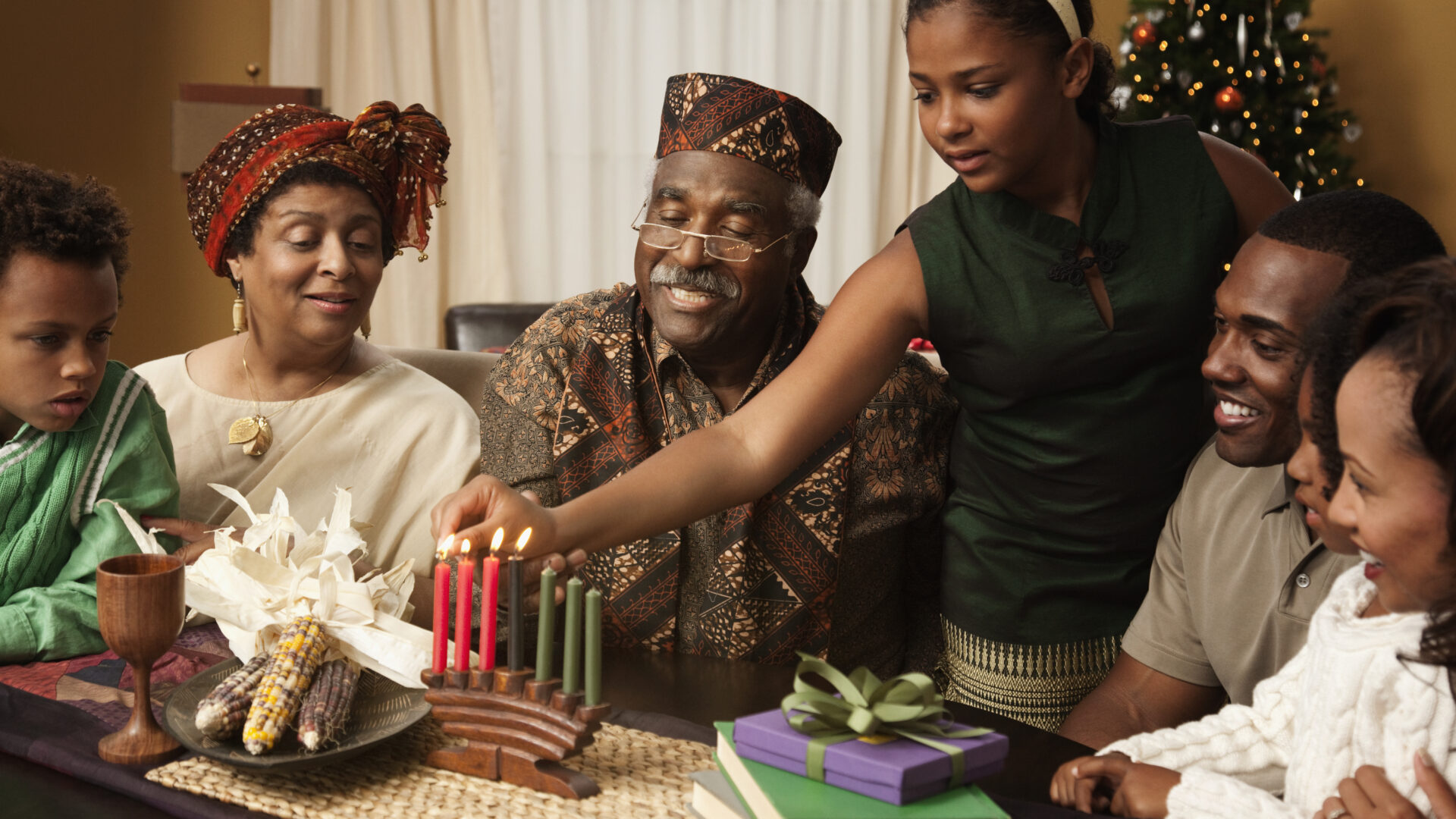
Though Christmas takes center stage during the holiday season, it’s essential to recognize other holidays, such as Kwanzaa. This seven-day celebration focuses on various principles that allow reflection and gratitude.
Founded by Maulana Karenga in 1966 after the Watts riots in Los Angeles, he saw the need for Black people to celebrate their history amongst themselves. Karenga sought a cultural revolution, and through his work in the Black Power movement, the goal was to effect change, and Kwanzaa was the way to start.
Kwanzaa is Swahili for first fruits and celebrates a prosperous life within the household and families within the community. Though society enforces one-day holidays amongst people, this seven-day celebration allows people to observe their legacy and manifest new goals for the future.
While enjoying the holiday with your friends and family, the materials needed are a Kinara, crops, corn, a unity cup, gifts and seven candles. These celebratory symbols are to restore the essence of each principle. Here’s how the different days of Kwanzaa are celebrated, along with their meanings.
Umoja
Umoja stands for unity, and on this day, families unite and fellowship with one another and strive to bring a new definition for a family dynamic within the community. With constant discourse surrounding Black family dynamics, this day symbolizes the importance of positive forces unifying families.
Kujichagulia
The second day stands for self-determination, where individuals can reflect and take time to define themselves and speak on who they are and how they see themselves. When lighting the candle for this day, speak life into yourself and your goals.
Ujima
When fostering a community, the critical factor when celebrating the third day is enforcing the importance of collective work and responsibility. To move as a unit, the problems of your loved ones become yours, and you work together to find a solution.
Ujamaa
This principle focuses on economic ownership. After the pandemic, there’s been a rise in entrepreneurship within the Black community, where we see more people stepping in and gaining more ownership in business.
Nia
The purpose is the meaning behind Nia, where this day is important for everyone, specifically the next generation, as they are constantly reminded to find their purpose in this world and spread that knowledge to others to feel motivated to believe in that same principle.
Kuumba
Creativity is a vital aspect of celebrating Kwanzaa. For this principle, it’s vital to tap into your inner creator to bring more life and beauty into the community. When reflecting on Kuumba, the ultimate goal is to figure out your legacy in the years to come.
Imani
To close out the Kwanzaa faith is what sets the tone for the rest of the year within the holiday. Believing in people, community and the future fulfills those celebrating the final principle.
About Kenyatta: Clark Atlanta University and Medill School alumna Kenyatta Victoria is the Girls United writer covering everything from news, pop culture, lifestyle, and investigative stories. When not reporting, she’s diving deep into her curated playlists or binging her favorite comfort shows.